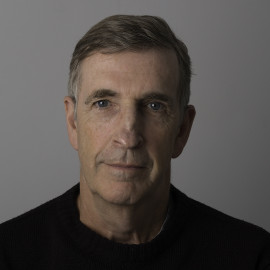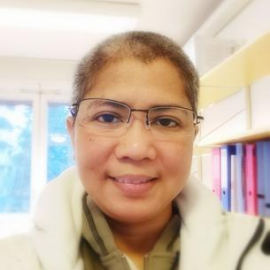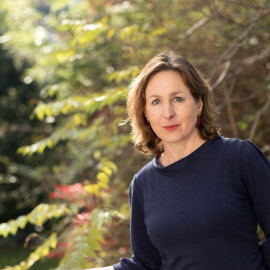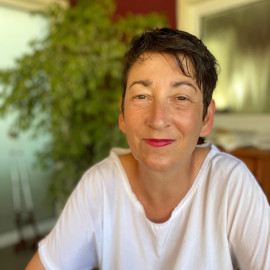Keynote Speakers

David Archard
David Archard is Emeritus Professor of Philosophy at Queen’s University Belfast. He has published extensively in applied ethics, political philosophy and philosophy of law, especially on the topics of children, the family, sexual consent, and the public role of philosophy. He has been Honorary Chair of the Society for Applied Philosophy and is its Vice-President. For twelve years he was a Member of the Human Fertilization and Embryology Authority, and latterly its deputy Chair. He is Chair of the Nuffield Council on Bioethics and a Member of the Clinical Ethics Committee of Great Ormond Street Hospital.

Rosemarie Bernabe
Rosemarie Bernabe is professor of research ethics and research integrity at the University of Oslo and an adjunct professor of medical research ethics at the University of South-Eastern Norway. Her fields of interest are research ethics, research integrity, global health and regulatory science, emerging technologies, as well as the intersection of these various fields. To pursue her fields of interests, on top of her contributions in the literature, Rose currently leads several consortia including the following Horizon 2020/Horizon Europe projects: EDCTP project, Improving post-trial access in Sub-Saharan Africa (AccessAfrica), Responsible Open Science in Europe (ROSiE), The Equitable, Inclusive, and Human-Centered XR Project (XR4Human), Beyond Bad Apples: Towards a Behavioral and Evidence-Based Approach to Promote Research Ethics and Research Integrity in Europe” (BEYOND), and Strengthening clinical trial regulatory and ethical review oversight in East Africa (AccessAfrica2). She also leads the NORPART project, Enhancing Ethics and Integrity Capacity in Medical Research and Clinical Practice (ETHIMED), and the Norwegian Research Council project, Developing national and global agendas for the ethics of post-trial arrangements in LMICs during pandemics/epidemics (Pandemic Ethics). Rose’s various projects have institutional members from Europe, Africa, Asia, and Latin America.

Barbara Prainsack
Barbara Prainsack is a professor at the Department of Political Science at the University Vienna, where she also directs the Centre for the Study of Contemporary Solidarity (CeSCoS), and the interdisciplinary Research Platform “Governance of Digital Practices”. Her work explores the social, ethical, and regulatory dimensions of genetic and data-driven practices and technologies in biomedicine and forensics. She holds honorary positions at the School of Social and Political Sciences at the University of Sydney, at the Department of Global Health & Social Medicine at King’s College London, at the Centre de recherche en éthique (CRE), University of Montreal, Canada, and at the Centre for Health, Law, and Emerging Technologies (HeLEX) at the University of Oxford. Her latest books are: "Personalized Medicine: Empowered Patients in the 21st Century?" (New York University Press, 2017), and "The Pandemic Within: Policy Making for a Better World" (with H. Wagenaar, Policy Press, 2021). Barbara is also involved in policy-related work, e.g. as a member of the Austrian National Bioethics Commission, and as Chair of the European Group on Ethics in Science and New Technologies which advises the European Commission.

Petra Verdonk
Dr. Petra Verdonk is trained as an occupational health psychologist and has a PhD in integrating sex and gender in medical education. She works as an associate professor at the department of Ethics, Law & Humanities, where she is the chair of the section Participation and Diversity. Dr. Verdonk is expert in gender and intersectionality in health (care) research and education. She developed a longitudinal pathway diversity in medical education as well as a a minor programme Amsterdam Global Health. In 2018, Verdonk has experienced an 'ecological epiphany' and has been involved in climate activism since September 2019, for instance in actions towards pensionfund ABP to divest from the fossil fuel industry (and with success - https://www.reuters.com/business/sustainable-business/dutch-pension-fund-abp-sell-175-bln-fossil-fuel-assets-2021-10-26/), and played a role in stimulating VU University Amsterdam to cut research ties with Big Oil (https://www.advalvas.vu.nl/en/nieuws/vu-amsterdam-breaks-fossil-fuel-industry-mostly).
In her keynote, she will address the climate and ecological crisis as a moral issue and share her considerations on the role of academics and ethicists in the climate crisis, in particular in the domain of health and health care.